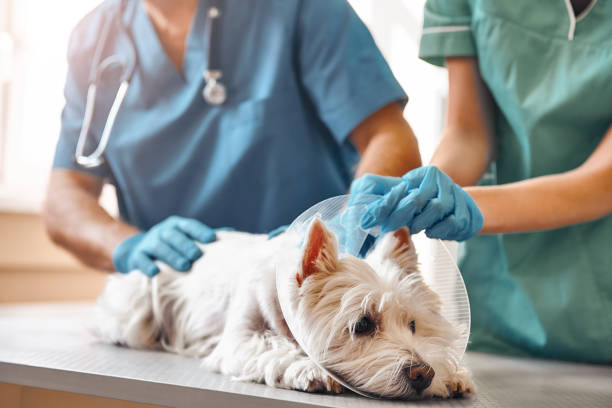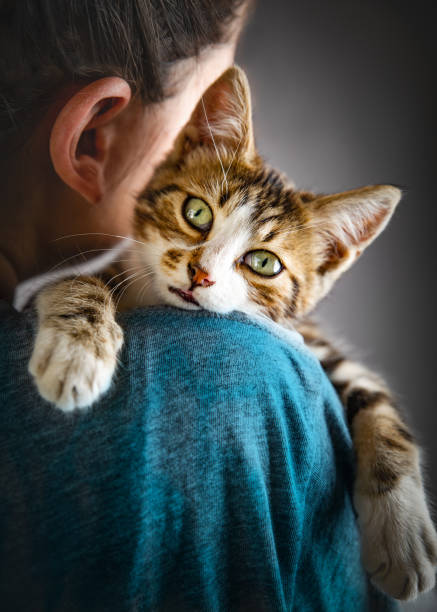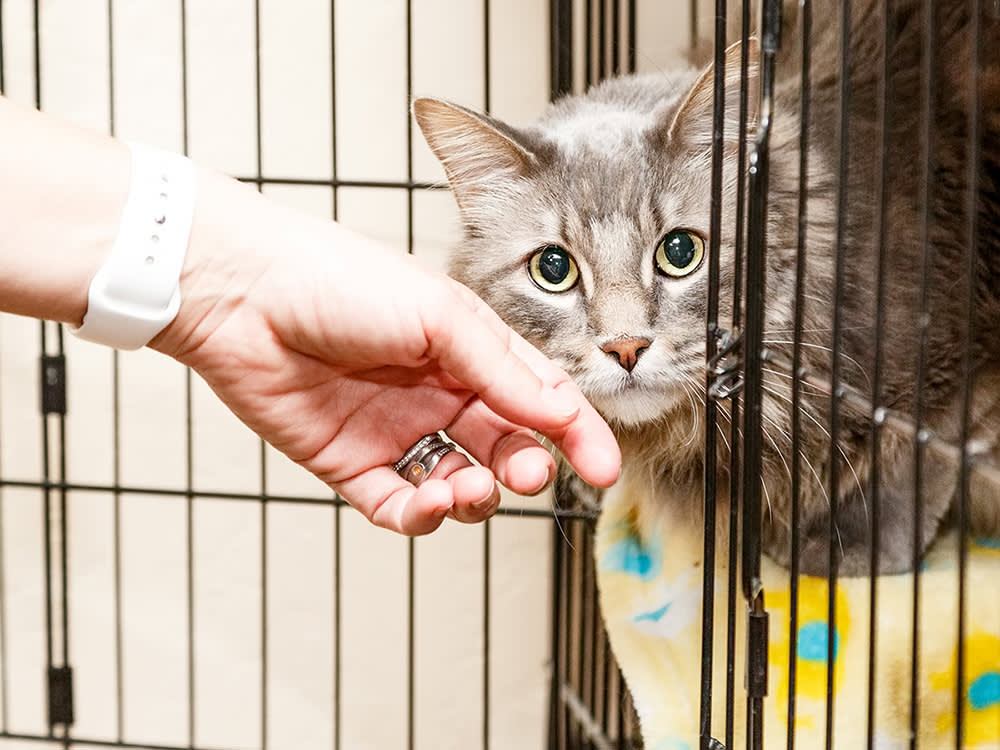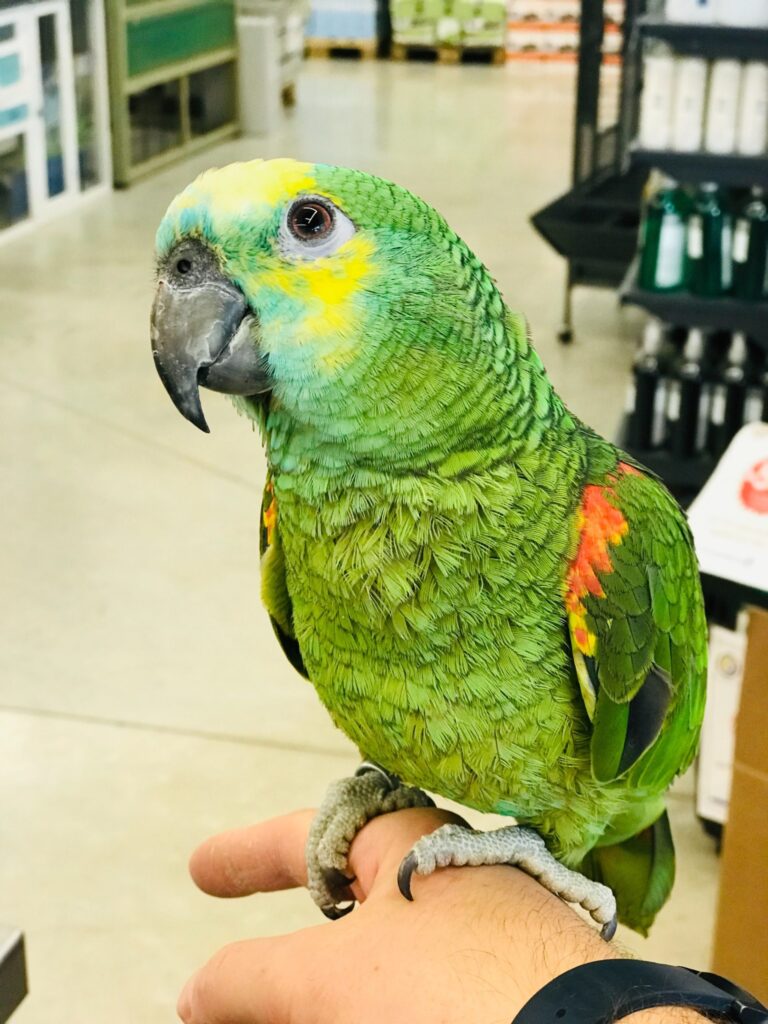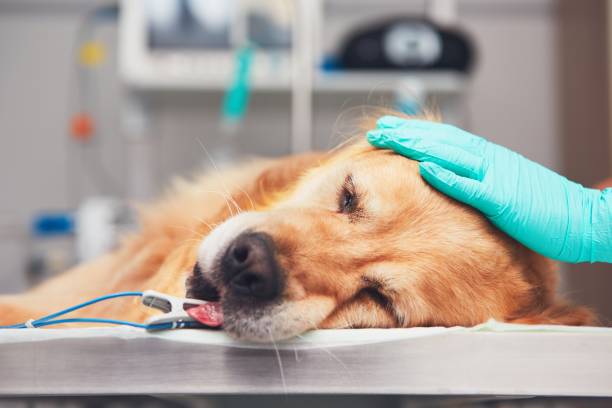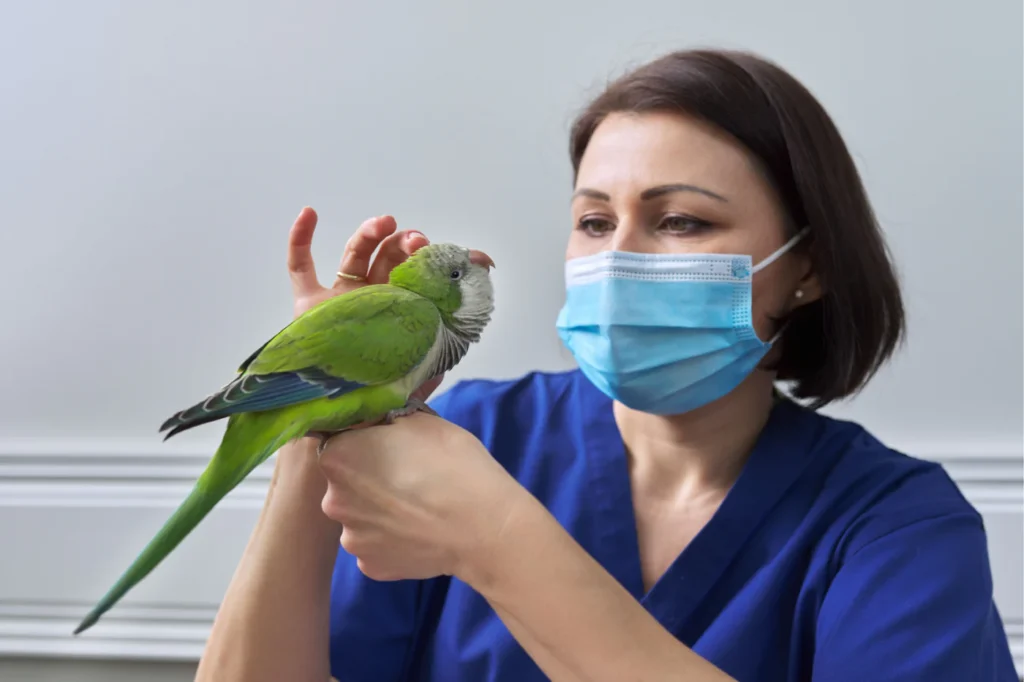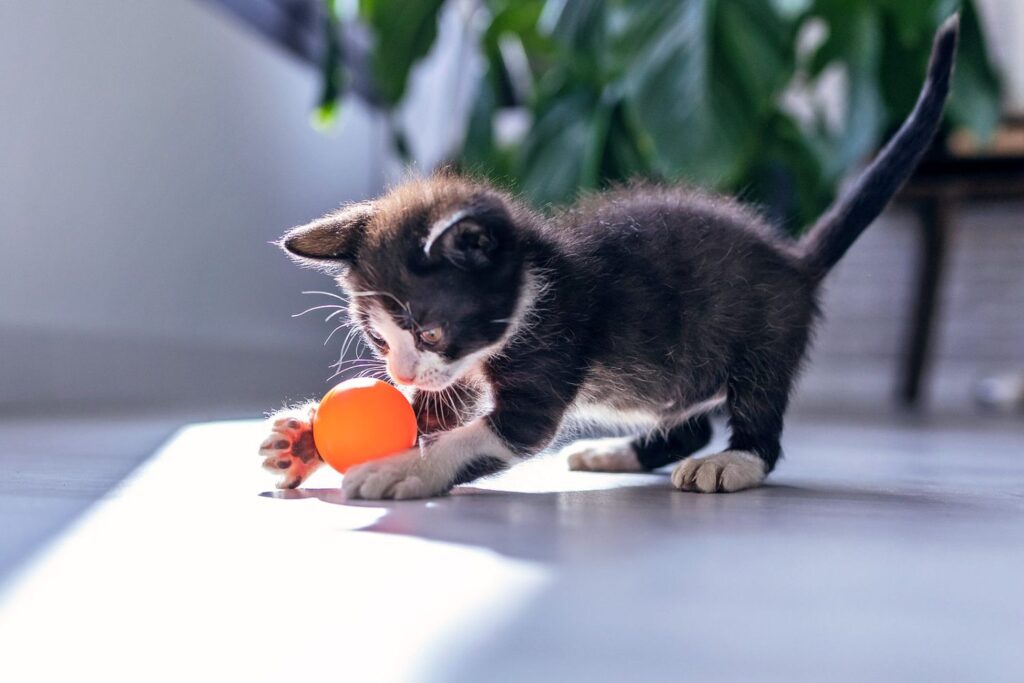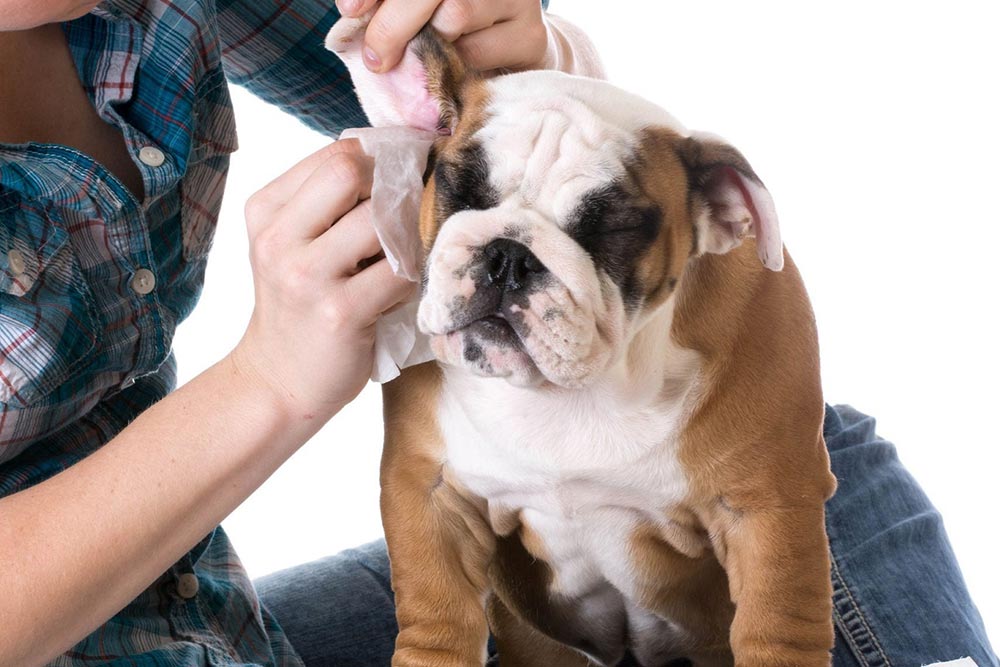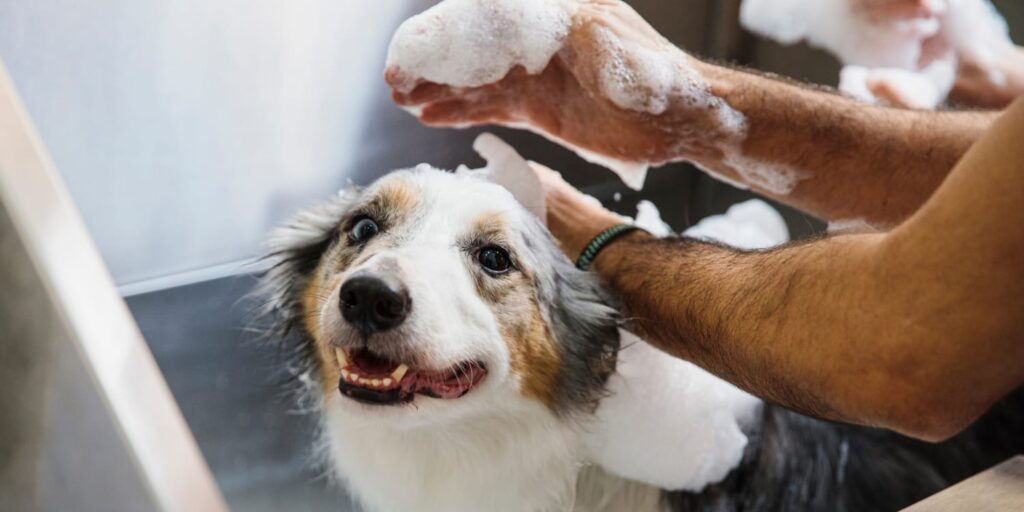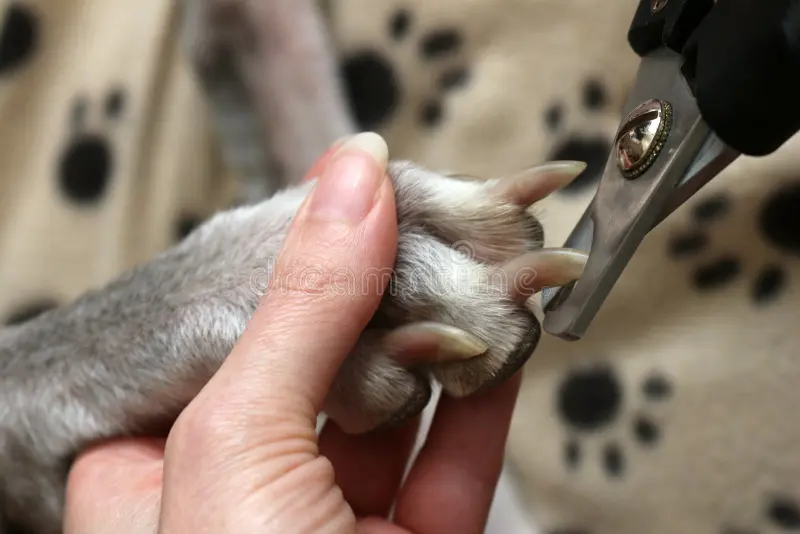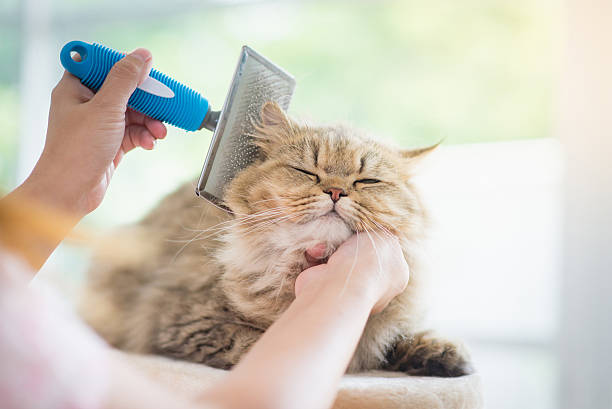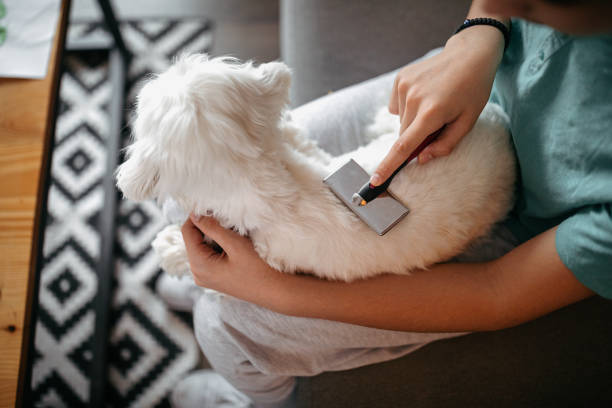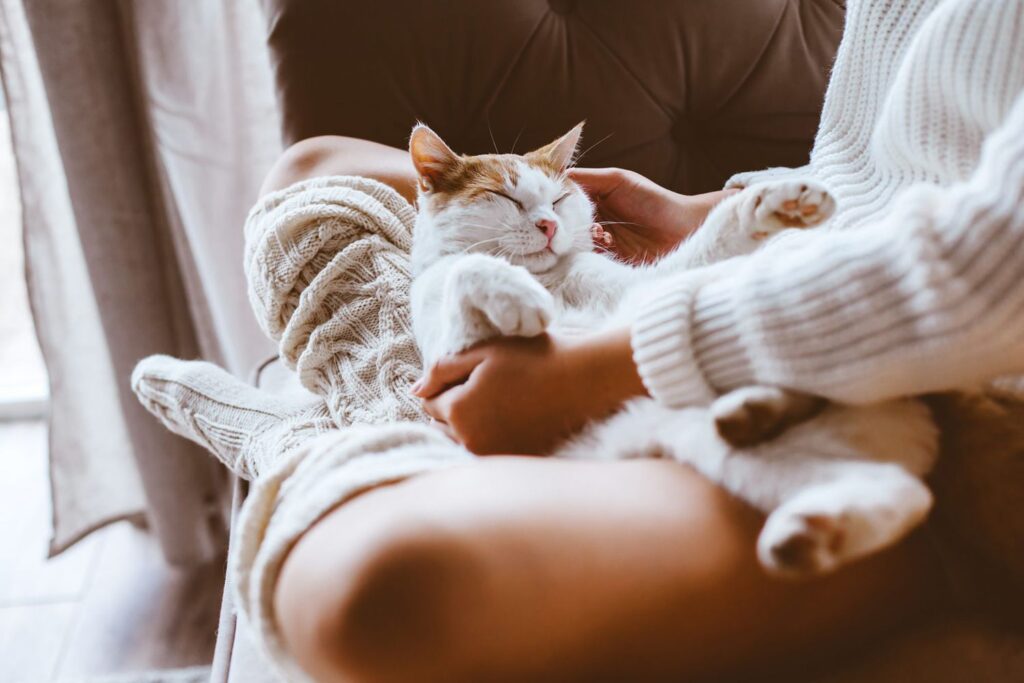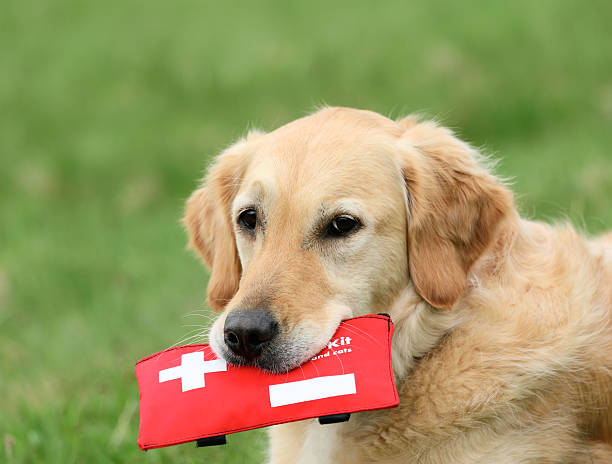Tips for Cleaning Your Pet’s Ears: Preventing Infections and Irritations
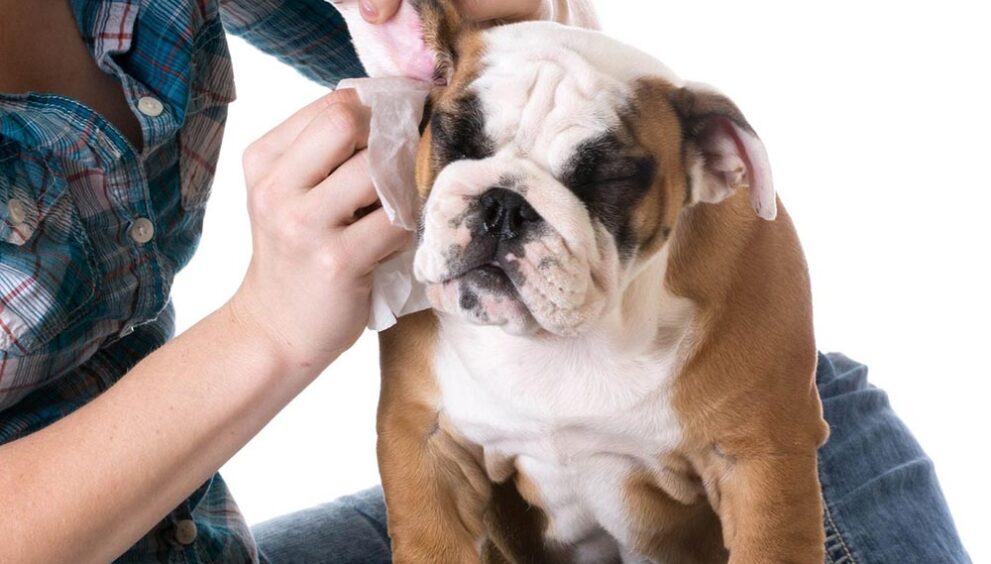
Our furry friends rely on us for their well-being, and one essential aspect of pet care is maintaining clean ears. Regular ear cleaning not only prevents infections but also ensures your pet is comfortable and happy. Here are some valuable tips to guide you through the process:
1. Understand Your Pet’s Ear Anatomy
Before diving into cleaning, familiarize yourself with your pet’s ear anatomy. Gently lift their ear flap and take a look inside. Be cautious and identify any signs of redness, swelling, or unusual discharge.
2. Use the Right Ear Cleaner
Invest in a high-quality, pet-safe ear cleaner. Avoid harsh chemicals that may irritate your pet’s ears. Opt for alcohol-free solutions, mineral oil, or commercial dog ear wash. Always consult your vet for product recommendations.
3. Avoid Pointed Instruments
Resist the urge to use cotton-tipped swabs or anything with a pointed tip. These can push debris deeper into the ear canal, leading to infections. Stick to gentle methods that prioritize your pet’s safety.
4. Choose the Right Moment
Clean your pet’s ears when they are calm and sleepy. This reduces anxiety and makes the process more enjoyable for both you and your furry companion. Positive associations with ear cleaning create a stress-free experience.
5. Gentle Massage and Wiping
Apply the ear cleaner as directed and gently massage the base of the ear for about 30 seconds. This helps distribute the solution and dislodge any built-up debris. Use a clean tissue or cotton ball to wipe away excess cleaner.
6. Regularity is Key
Incorporate ear cleaning into your pet care routine, but don’t overdo it. The frequency depends on your pet’s breed, activity level, and individual needs. Regular cleaning prevents infections and keeps ears healthy.
Conclusion
Taking the time to clean your pet’s ears is an act of love. By following these tips, you not only prevent infections and irritations but also strengthen the bond with your furry friend. If you ever notice persistent issues or changes in your pet’s behavior, consult your veterinarian for personalized advice.
Remember, a little care goes a long way in ensuring your pet’s ears stay as happy and healthy as the rest of them.




